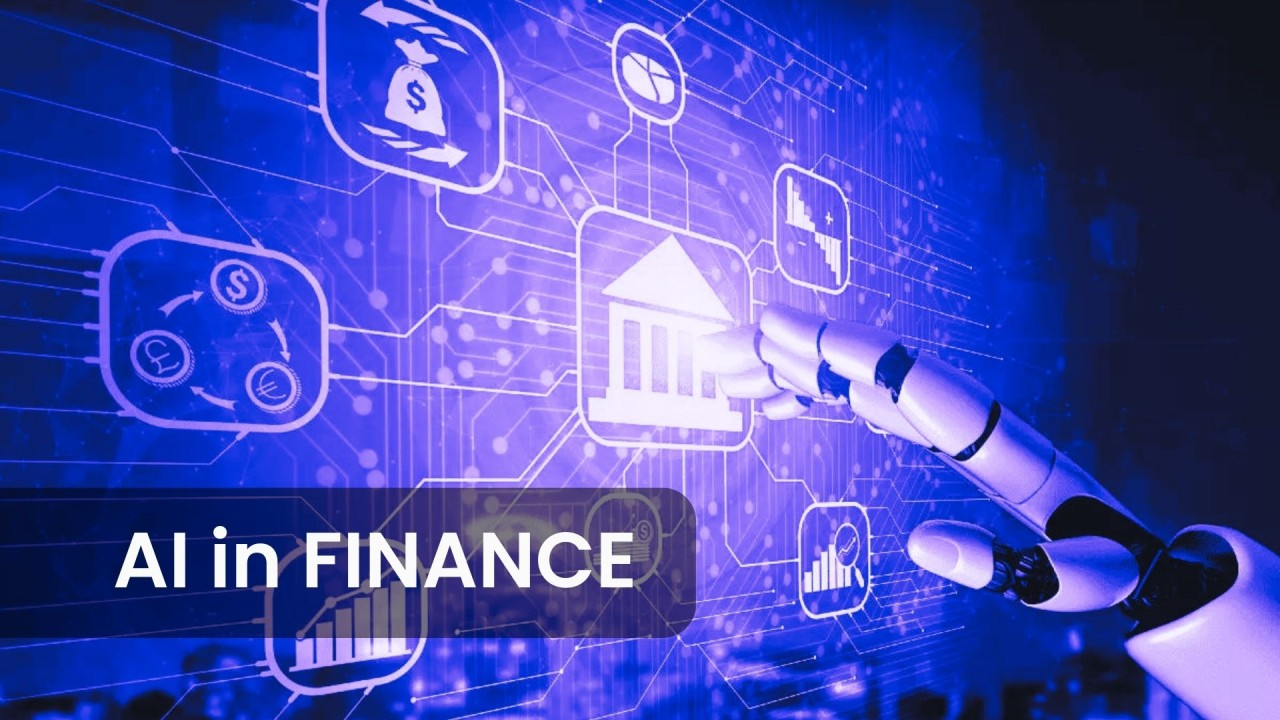Artificial Intelligence (AI) is profoundly transforming the finance industry, offering innovative solutions that enhance efficiency, accuracy, and decision-making. AI’s capabilities in processing vast amounts of data, learning from patterns, and automating complex tasks are driving significant improvements across various financial sectors. This article explores the key benefits of AI in finance, highlighting its impact on trading, risk management, customer service, and more.
Enhanced Trading Strategies
AI is revolutionizing trading strategies with advanced algorithms and data analysis:
- Algorithmic Trading: AI-driven algorithmic trading systems analyze market data in real time to execute trades at optimal prices. These systems use machine learning models to identify trading patterns, trends, and anomalies, enabling more informed and timely trading decisions. AI algorithms can process vast amounts of data faster than human traders, leading to improved trading efficiency and potential profit maximization.
- Predictive Analytics: AI enhances predictive analytics by analyzing historical data and identifying trends that inform future market movements. Predictive models can forecast price fluctuations, market trends, and investment opportunities, allowing traders to make data-driven decisions and refine their strategies for better outcomes.
Improved Risk Management
AI enhances risk management practices by providing more accurate and timely insights:
- Fraud Detection: AI systems are adept at detecting fraudulent activities by analyzing transaction patterns and identifying anomalies. Machine learning algorithms can flag suspicious transactions in real time, reducing the risk of financial fraud and improving the overall security of financial transactions.
- Credit Risk Assessment: AI improves credit risk assessment by analyzing a broader range of data, including social media activity, transaction history, and behavioral patterns. This comprehensive analysis enables more accurate credit scoring and risk evaluation, helping financial institutions make informed lending decisions and minimize default rates.
Automated Customer Service
AI transforms customer service in the finance sector with automation and personalization:
- Chatbots and Virtual Assistants: AI-powered chatbots and virtual assistants provide instant support and answer customer inquiries around the clock. These tools can handle routine queries, process transactions, and provide account information, enhancing customer experience and reducing the need for human intervention in basic tasks.
- Personalized Recommendations: AI analyzes customer data to offer personalized financial advice and product recommendations. By understanding individual preferences and financial goals, AI systems can suggest tailored investment opportunities, savings plans, and financial products that align with customers’ needs.
Efficient Back-Office Operations
AI streamlines back-office operations, improving efficiency and accuracy:
- Data Entry and Processing: AI automates repetitive tasks such as data entry, reconciliation, and processing, reducing the risk of human error and increasing operational efficiency. Automation of these tasks frees up valuable time for employees to focus on more strategic activities and decision-making.
- Regulatory Compliance: AI helps financial institutions stay compliant with regulatory requirements by automating compliance checks and reporting. AI systems can analyze transactions, monitor for regulatory changes, and generate compliance reports, ensuring adherence to legal standards and reducing the risk of penalties.
Enhanced Investment Strategies
AI offers advanced tools for developing and optimizing investment strategies:
- Portfolio Management: AI-driven portfolio management systems analyze market data and investment performance to optimize asset allocation and diversification. These systems use machine learning to adapt to changing market conditions and adjust investment strategies in real time, improving portfolio performance and risk management.
- Robo-Advisors: AI-powered robo-advisors provide automated investment advice based on individual risk tolerance, investment goals, and financial situations. Robo-advisors offer cost-effective and accessible investment solutions, democratizing investment opportunities for a broader range of investors.
Data-Driven Decision Making
AI enhances decision-making processes by providing actionable insights from vast amounts of data:
- Advanced Analytics: AI systems analyze large datasets to uncover trends, correlations, and insights that inform strategic decision-making. Financial institutions can leverage these insights to make more informed decisions related to investments, risk management, and market strategies.
- Real-Time Monitoring: AI enables real-time monitoring of financial markets and operations, providing up-to-date information and insights. This real-time analysis supports quicker decision-making and allows financial institutions to respond promptly to market changes and emerging opportunities.
Conclusion
AI is driving significant advancements in the finance industry by enhancing trading strategies, improving risk management, automating customer service, and streamlining back-office operations. Its ability to analyze data, predict trends, and automate processes transforms how financial institutions operate and interact with customers. As AI technology continues to evolve, its benefits in finance will likely expand, offering even greater opportunities for innovation and efficiency in the financial sector. Embracing AI presents a strategic advantage for financial institutions seeking to stay competitive and deliver superior services in a rapidly changing market.

